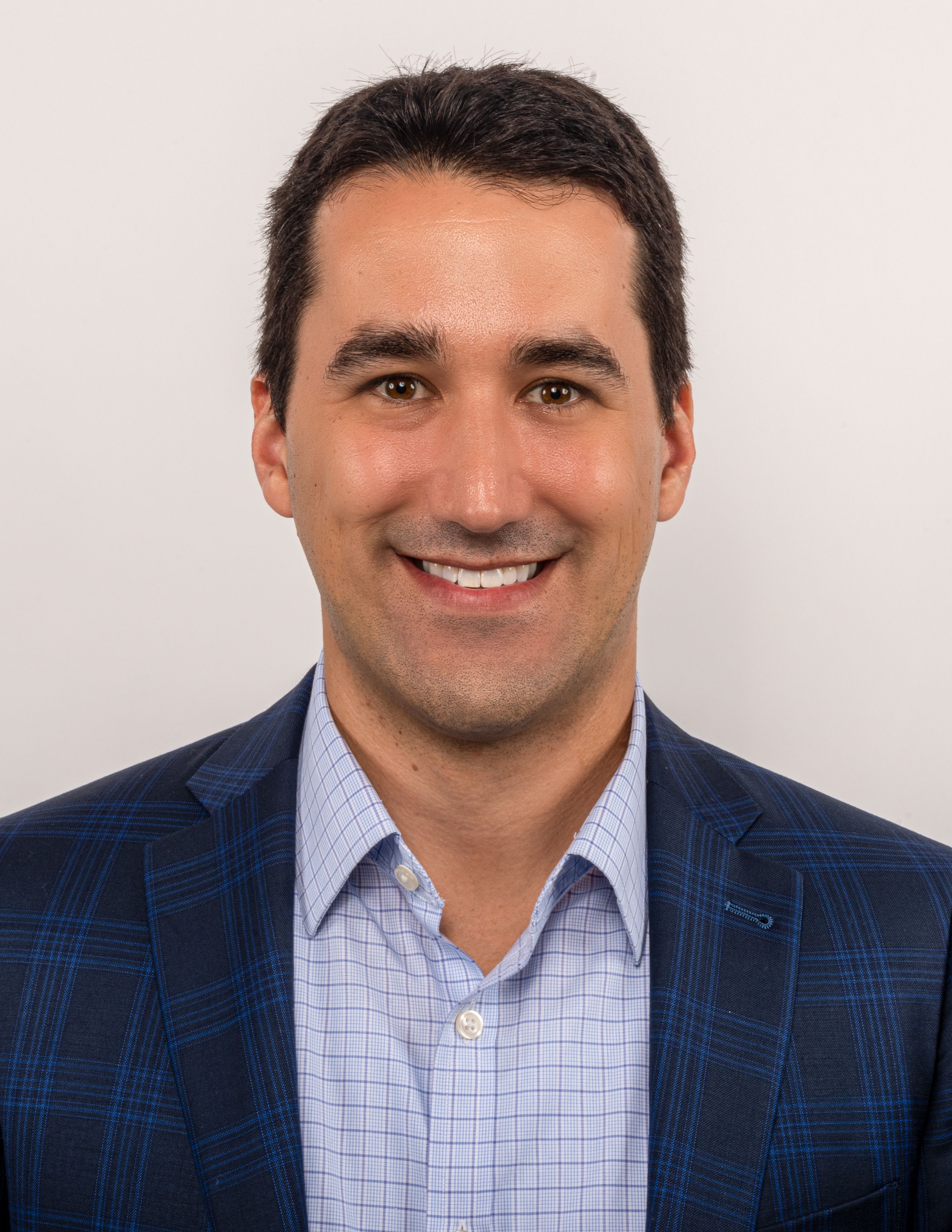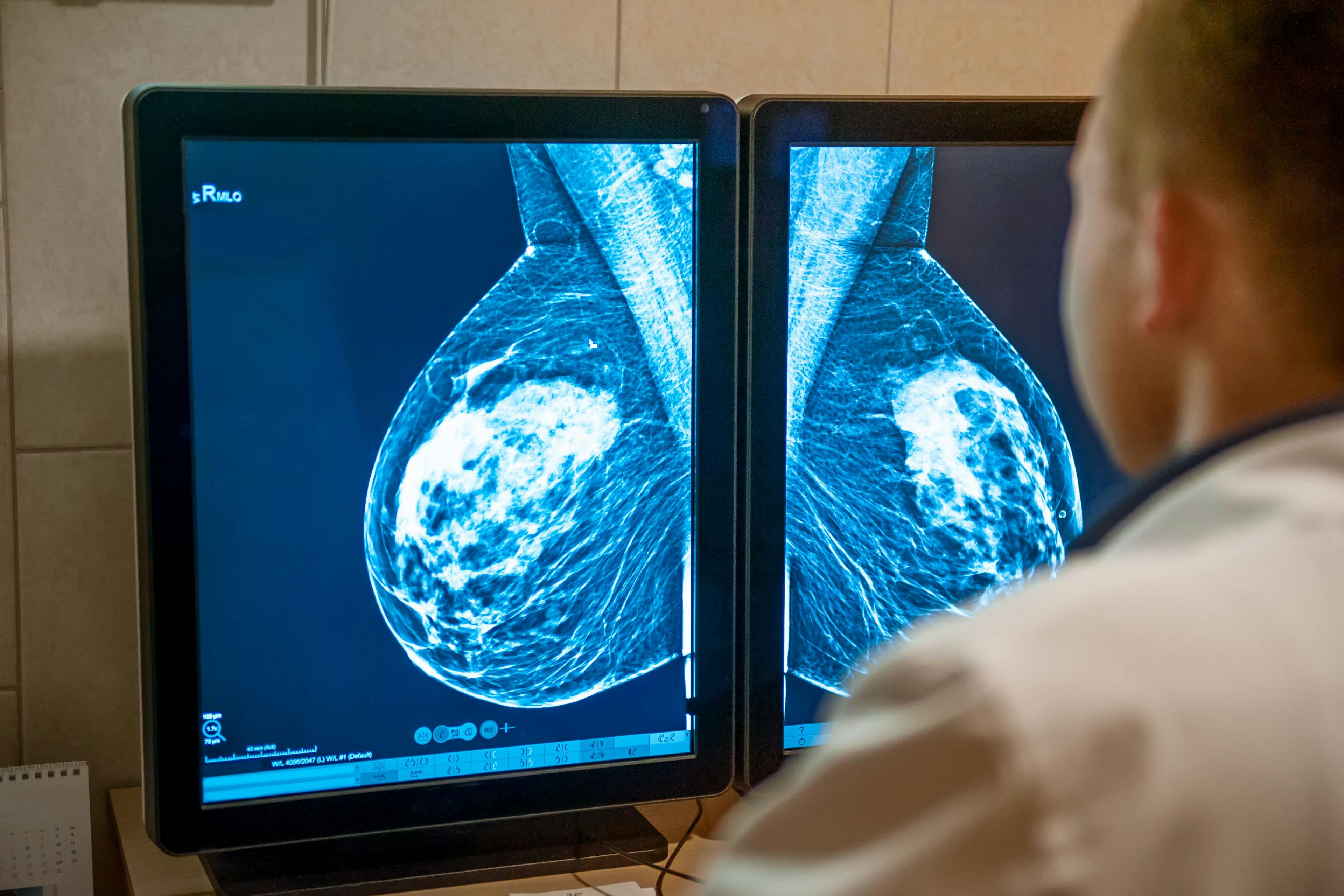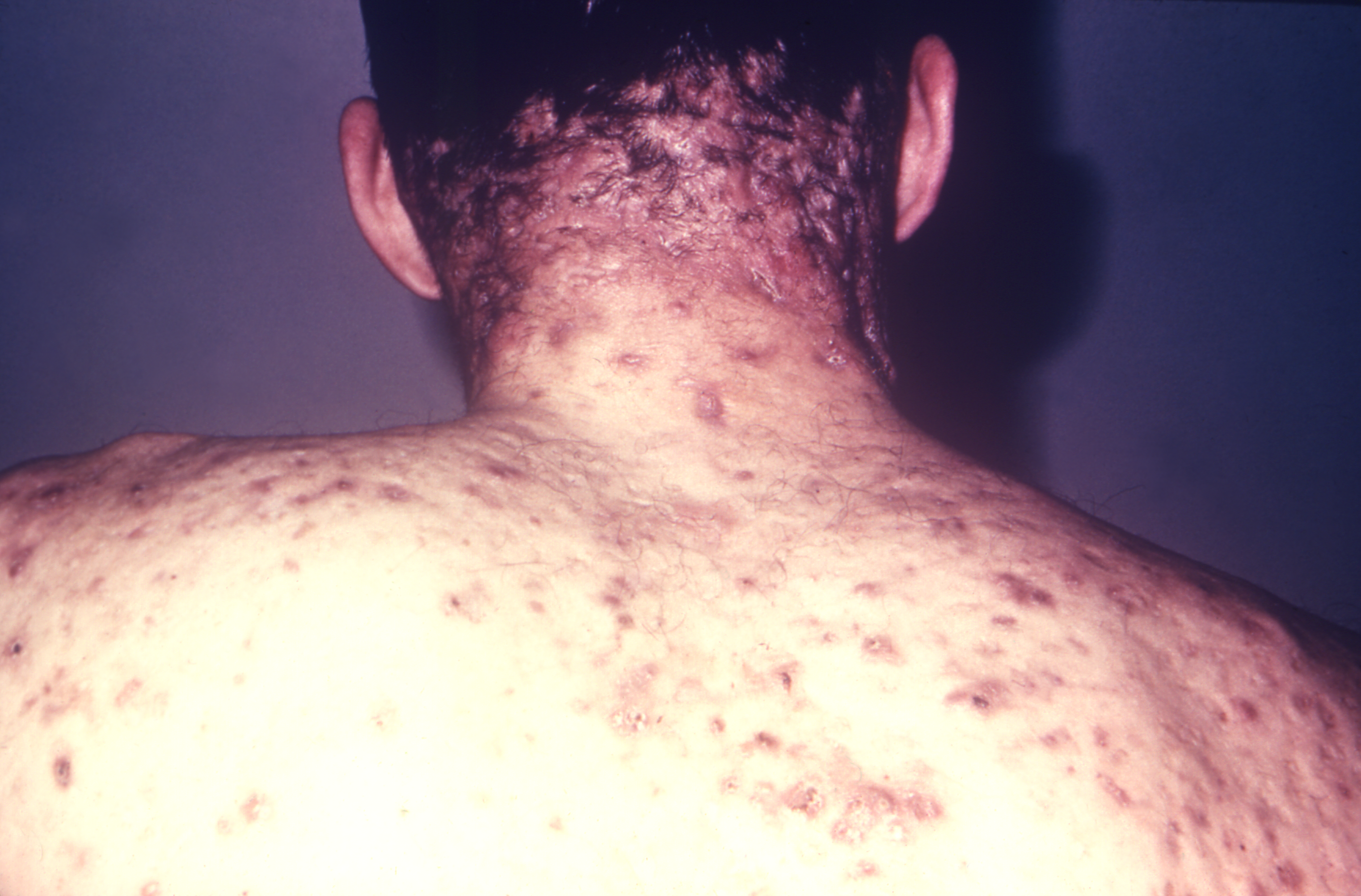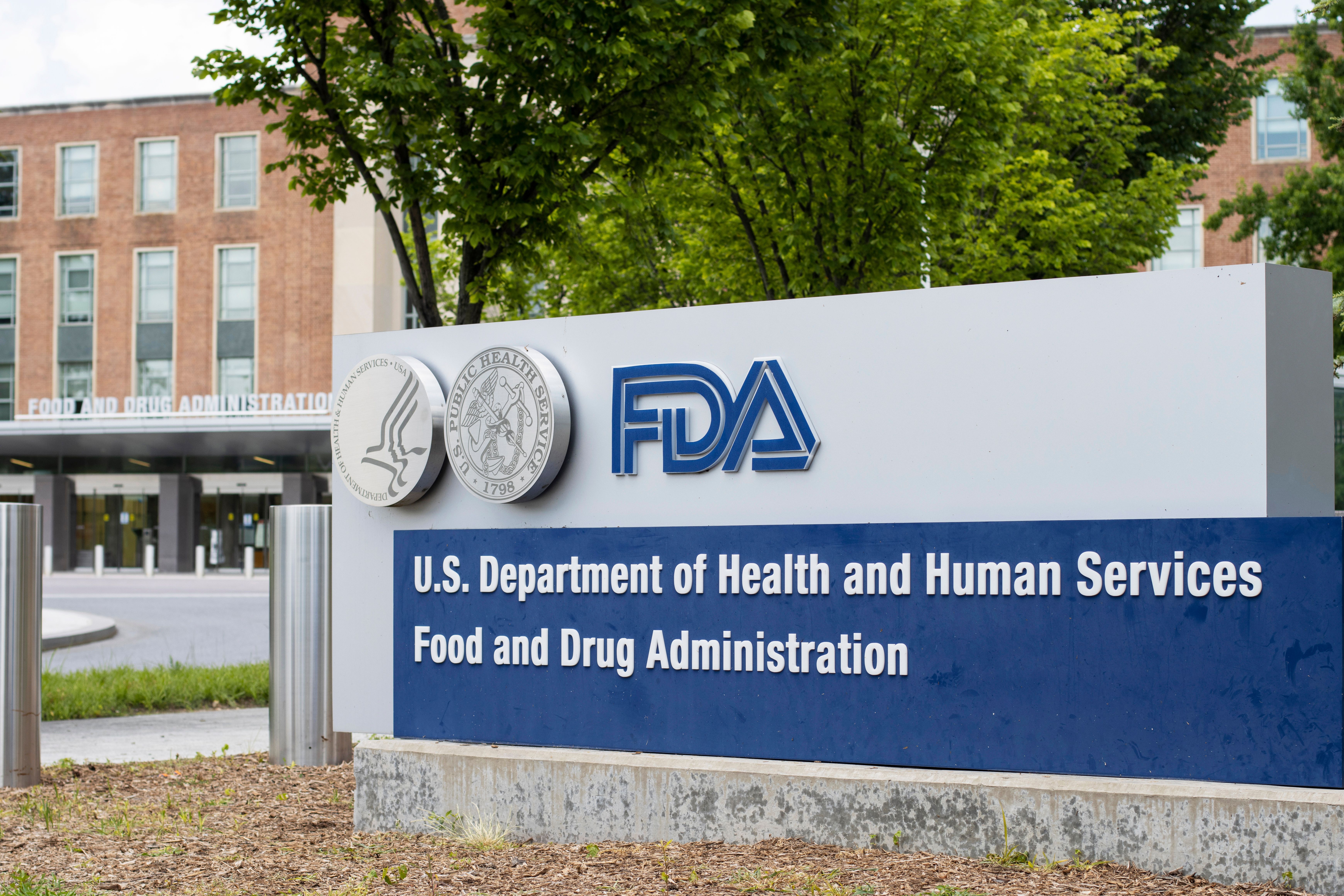- Acne
- Actinic Keratosis
- Aesthetics
- Alopecia
- Atopic Dermatitis
- Buy-and-Bill
- COVID-19
- Case-Based Roundtable
- Chronic Hand Eczema
- Chronic Spontaneous Urticaria
- Drug Watch
- Eczema
- General Dermatology
- Hidradenitis Suppurativa
- Melasma
- NP and PA
- Pediatric Dermatology
- Pigmentary Disorders
- Practice Management
- Precision Medicine and Biologics
- Prurigo Nodularis
- Psoriasis
- Psoriatic Arthritis
- Rare Disease
- Rosacea
- Skin Cancer
- Vitiligo
- Wound Care
Publication
Article
Dermatology Times
October Pipeline Preview
Author(s):
Aaron Farberg, MD, and Shanna Miranti, MPAS, PA-C, discuss the upcoming approvals of nivolumab and IDP-126.
As 2023 enters its last quarter, upcoming Prescription Drug User Fee Act dates show promise for an innovative end to the year. Bristol Myers Squibb’s nivolumab (Opdivo) is expected to receive FDA approval on October 13, 2023, as monotherapy in the adjuvant setting for the treatment of patients with completely resected stage IIB or IIC melanoma.1 Ortho Dermatologics’ IDP-126 gel (clindamycin 1.2%/adapalene 0.15%/benzoyl peroxide 3.1%) is expected to be approved by the FDA on October 20, 2023, as the first fixed-dose triple-combination gel for the treatment of patients with acne vulgaris.2
Nivolumab’s accepted supplemental biologics license application was based on data from the phase 3 CheckMate-76K (NCT04099251) clinical trial in which nivolumab showed statistically significant and clinically meaningful benefit in recurrence-free survival compared with placebo.1 IDP-126’s new drug application was based on positive data from 2 phase 3 controlled clinical trials that met absolute change from baseline in inflammatory lesion count.2
To discuss the efficacy and anticipated approval of nivolumab and IDP-126, Dermatology Times spoke with Aaron Farberg, MD, and Shanna Miranti, MPAS, PA-C.
Nivolumab
Aaron Farberg, MD

Dermatology Times: In your clinical experience, what have you found most challenging about managing completely resected stage IIB/C melanoma?
Farberg: The issue with managing completely resected stage IIB/C melanoma is an issue of cure vs remission. Unfortunately, once a patient is diagnosed with cancer, it is difficult to clearly state that it has been completely resected as we then spend the following years performing surveillance to ensure that it does not come back. Understanding each patient’s personalized risk is important as no one wants to be binned in a group as most cancer staging does. After we understand our patients’ true personalized risk, then we can provide risk-aligned surveillance and management.
Dermatology Times: How do you hope or expect to see nivolumab change overall recurrence-free survival and patients’ quality of life?
Farberg: Hopefully nivolumab will help patients live longer with less chance for recurrence. With an overall good safety profile, our patients can live longer with an improved quality of life.
Dermatology Times: Do you have any concerns about treatment-related adverse events with nivolumab for patients?
Farberg: Of course, I am concerned about treatment-related adverse events as I am for any treatment. The treatment is not without adverse effects and even if only a small percentage of patients have a bad outcome, if and when it happens to you and your patient then, it becomes 100% for that patient. We need to do better than our current approach to staging and include objective information including the molecular makeup of each patient’s cancer. Currently, the best available options involve GEP testing such as the 31-GEP, which allows for understanding each patient’s personalized risk for recurrence and can help guide adjuvant treatment.
Aaron Farberg, MD, is a double board-certified dermatologist, Mohs surgeon, and the chief medical officer at Bare Dermatology in Dallas, Texas. He is also a Dermatology Times Editorial Advisory Board member.
IDP-126
Shanna Miranti, MPAS, PA-C

Dermatology Times: What is the significance of IDP-126 as the first fixed-dose triple-combination topical treatment for acne?
Miranti: IDP-126 will provide the first and only triple combination therapy. This will allow for a simplified regimen for patients, which will encourage compliance. Compliance is essential to every patient’s regimen. Dermatology providers who specialize in acne will often combine multiple products in order to achieve what we believe will be better results for our patients, but this can often lead to confusing regimens that are time-consuming for patients or hard to remember.
Dermatology Times: How does IDP-126 compare to other single-formulation acne topicals such as tretinoin, adapalene, or benzoyl peroxide wash?
Miranti: The efficacy data for IDP-126 is very impressive. There are many patients who are looking for more efficacy from a monotherapy regimen. If patients see early results, they will be more inclined to continue using a product.
Dermatology Times: What are you looking forward to most regarding the approval of IDP-126 for your patients?
Miranti: I’m very excited to try it on my patients...and my own kids. Dermatology providers will have another great tool in our ever-growing toolbox of options for our patients. It will be nice to have something new to offer.
Shanna Miranti, MPAS, PA-C, is a founding member of and a board-certified physician assistant at Riverchase Dermatology in Naples, Florida.
References
1. US Food and Drug Administration accepts Bristol Myers Squibb’s supplement biologics license application and European Medicines Agency validates application for Opdivo (nivolumab) as an adjuvant treatment for patients with completely resected stage IIB or IIC melanoma. News release. Bristol Myers Squibb. February 28, 2023. Accessed September 13, 2023. https://news.bms.com/news/details/2023/U.S.-Food-and-Drug-Administration-Accepts-Bristol-Myers-Squibbs-Supplemental-Biologics-License-Application-and-European-Medicines-Agency-Validates-Application-for-Opdivo-nivolumab-/default.aspx
2. Ortho Dermatologics announces US Food and Drug Administration new drug application filing acceptance for investigational acne treatment IDP-126 gel. News release. Bausch Health. May 1, 2023. Accessed September 13, 2023. https://ir.bauschhealth.com/news-releases/2023/05-01-2023

Newsletter
Like what you’re reading? Subscribe to Dermatology Times for weekly updates on therapies, innovations, and real-world practice tips.






























